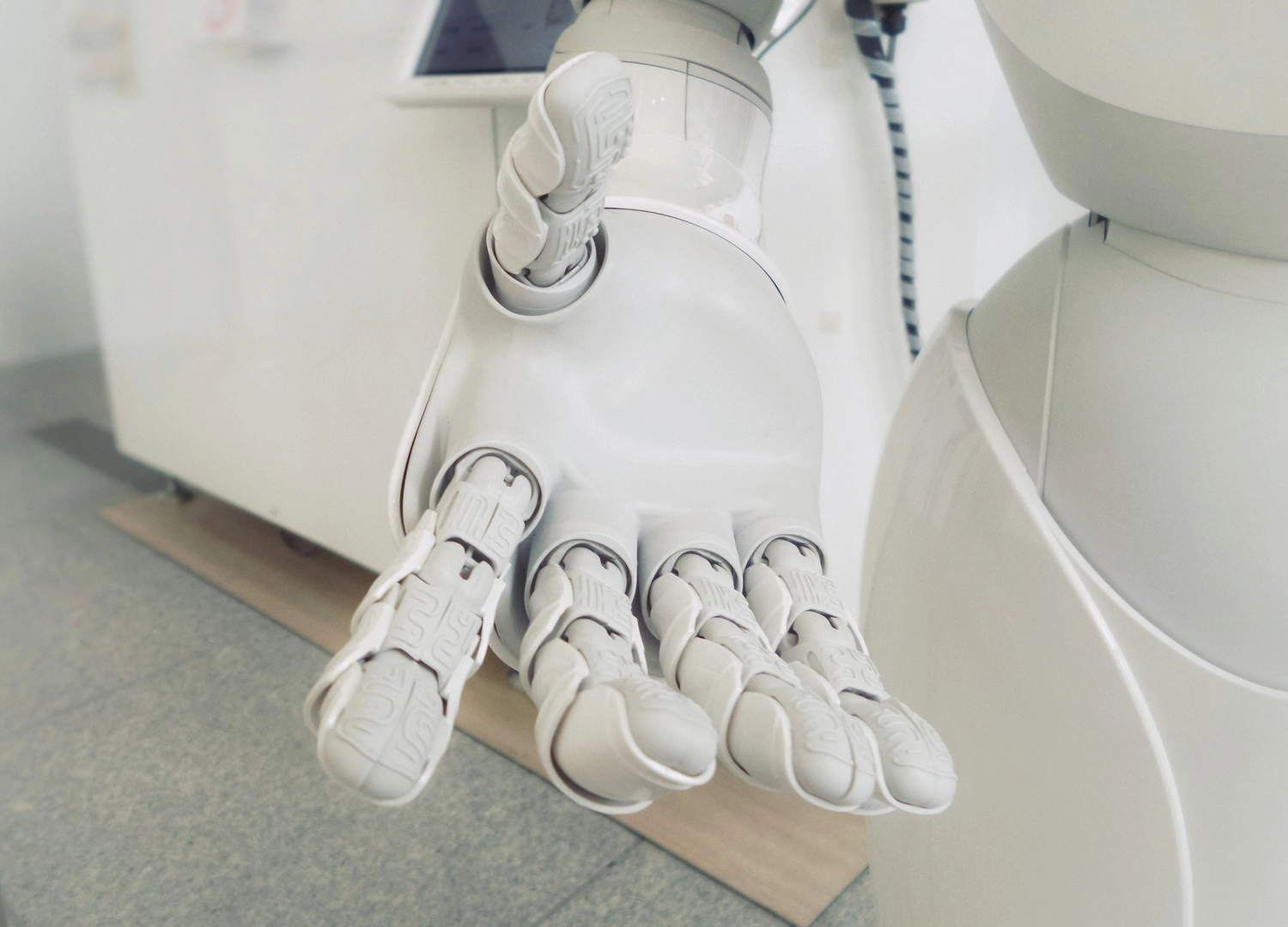
Artificial Intelligence - A Blessing or a Curse?
Artificial Intelligence (AI) is a growing market that will effect nearly every business and person around the globe in the coming decades.
There is a myriad of benefits that AI can offer to businesses – something scientists and researchers have known for years. However, more recently the dangers of AI have come to light, especially with public figures like Elon Musk and Stephen Hawking expressing their worries.
AI is beneficial due to its ability to replicate actions of humans without human deficiencies such as emotion, fatigue and poor time management. AI offers a lower error rate as well as cheaper labour; computers do not have office drama and they do not care what tasks you make them do – no matter how tedious or challenging. Additionally, computers can attain, store and process more data than a brain, and in much less time. One of the major disadvantages of AI will be job loss due to its superior processing power.
What does AI mean for email?
In regards to email and email archiving, AI will be used to help revolutionise the email market. With more than 205 billion emails sent per day it is difficult to determine if you are getting the attention of the correct people and how effective the emails you are sending really are. Artificial Intelligence is able to personalise the email market like never before, which should theoretically increase the response and conversion rates of marketing communications. In addition, AI has the potential to be used in spam filtering and antivirus. For most spam filters to be effective they have to be reactive (i.e. mail items need be marked as spam whether automatically or manually) before the filter can start blocking it. AI will be able to recognise patterns in things like message structure and sending behaviour to proactively block new spam or hack attempts.
Should we be scared?
Artificial intelligence is an extremely powerful technology, so much so, that tech mogul Elon Musk and acclaimed cosmologist Stephen Hawking have publicly spoken out about the dangers AI poses to humanity and the need to impose regulations now. Musk has said that AI is a “fundamental risk to the existence of civilisation”, while Hawking gives his grim view on AI by telling the BBC “I think the development of full artificial intelligence could spell the end of the human race.” Much of the argument against AI is driven by fear…fear of the unknown and fear of intelligent technology. Think about it, the reason human beings are able to capture and lock a lion in a zoo, merely for our own entertainment, is because we are more intelligent than lions.
The fear of making computers/robots more capable and intelligent than humans will make anyone uncomfortable. But, in reality there are only two scenarios in which humans need to worry about AI. Firstly, if the technology is given to a malevolent person and they program the machine to do something troubling. Secondly, if the AI is programmed to do something beneficial but develops a damaging course for accomplishing its goal (i.e. a self-driving car is told to take you to the airport, but it does so by speeding on the sidewalk not obeying lights or signs hitting humans along the way).
Rather than fearing AI, businesses should embrace it. Artificial intelligence offers countless opportunities for businesses looking to increase the skills of their workforce and revolutionise their user experience. Businesses who embrace AI will be ahead of those who ignore or fear it. The UK government, for example, has acknowledged the importance of AI in the UK economy, and has promised to invest £20m in robotics and AI. Whether we like it or not, because of the cheap labour, low error rate and no human shortcomings, AI will continue to grow and be implemented throughout businesses around the globe.
Read
More

6 Limitations of Office 365
With 120 million business users of Microsoft Office 365 worldwide, the service is trusted by many…

The Essential Guide to Email Retention Policy
Email is now fast becoming the go-to for businesses in their bid to expand audiences and their…

eDiscovery Processes and Business Emails
With a greater need to find information that has been stored digitally, businesses must have…

New Year New Partnership
Cryoserver (UK) – Manufacture and supports “Advanced enterprise Email Archiving Software”Spartec…

How Can Email Archiving Solve FinTech Compliance Concerns?
FinTech businesses are innovators who create new approaches and solutions for the challenges facing…
